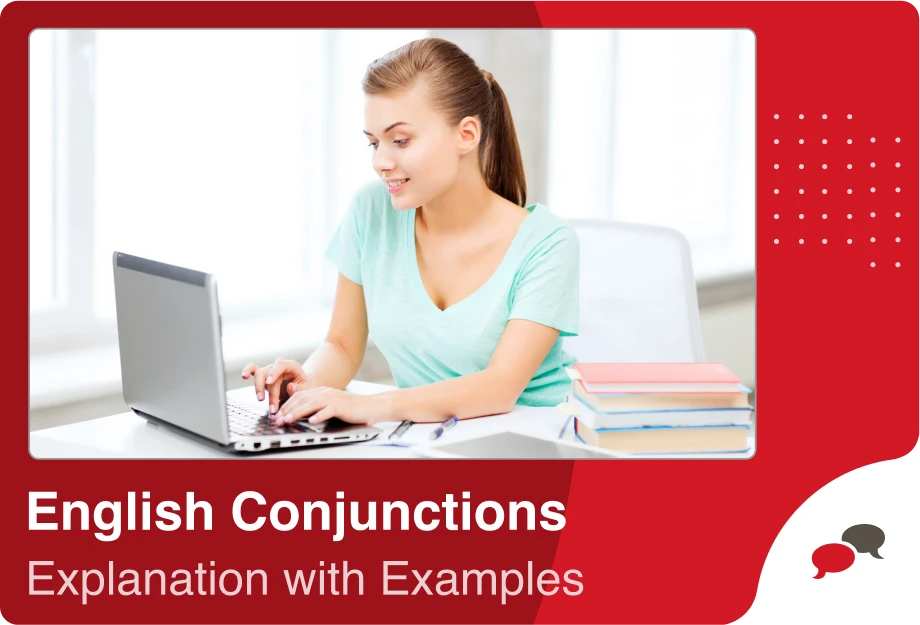Interjections provide additional meaning to a sentence or situation by conveying a specific emotion, issuing a command, or highlighting a particular idea.
Interjections are frequently used in casual conversation and informal writing. Although certain interjections like “well” and “indeed” are appropriate in formal discussions, it is advisable to refrain from using interjections in formal or academic writing.
What Is an Interjection?
An interjection is a word or phrase that is used to convey a feeling or make a request or demand. Although interjections are considered a part of speech, they do not have grammatical connections to other parts of a sentence.
How are interjections used in sentences?
Interjections can be a single word or a phrase, and they can be used either independently or within a sentence. Since interjections are a grammatically independent part of speech, they can typically be omitted from a sentence without affecting its meaning.
It is possible to incorporate an interjection into a sentence. When doing so, consider the interjection as a separate parenthetical element within the sentence. This can be achieved by placing the interjection inside parentheses or setting it off with dashes. Here are some examples of interjections used in sentences:
Wow! That sunset is absolutely breathtaking.
Ouch! I accidentally bumped my elbow on the corner of the table.
Oops! I dropped my phone and cracked the screen.
Yikes! Look at the size of that thunderstorm rolling in.
Ah! This hot cup of tea is exactly what I needed on a chilly day.
Hey! Get out of the way, I’m trying to see the stage.
Oh no! I left my keys inside the locked car.
Phew! That was a close call, but we made it just in time.
Alas! We missed the last bus home and now we have to walk.
Hurray! We finally finished the project ahead of schedule.
Primary interjections
A primary interjection is a word or sound that is exclusively used as an interjection. These interjections do not have multiple meanings and cannot be used as a different part of speech such as a noun, verb, or adjective.
Primary interjections are usually just sounds that do not have a clear origin. Consequently, although they may have standard spellings, a single interjection can be written in various ways, such as “um-hum” or “mm-hmm”. Here are examples of primary interjections used in sentences:
Ah, that hot soup warms me up on a cold day.
Oh, I see what you mean now.
Hey, don’t forget to turn off the lights before you leave.
Ouch, that mosquito bite really stings!
Wow, what an incredible view from up here!
Hooray, it’s finally Friday!
Uh-oh, I think I left my phone at home.
Yikes, that was a close call with the speeding car!
Phew, I made it to the top of the mountain!
Oops, I spilled coffee on my shirt.
Secondary interjections
A secondary interjection is a word that is commonly employed as a different part of speech, such as a noun, verb, or adjective, but can also function as an interjection. Here are examples of secondary interjections used in a sentence:
Well, I suppose we could try the new restaurant downtown.
Oh dear, I forgot to buy milk at the grocery store.
Now, let’s see if we can solve this puzzle together.
Ah, so that’s where I left my keys!
Ugh, I can’t believe I missed the bus again.
Hmm, I’m not sure which movie to watch tonight.
Aha, I finally figured out how to fix the broken sink.
Oh well, I guess we’ll have to reschedule our meeting.
Huh, I never knew that about ancient history.
Okay, let’s get started on this project right away.
Volitive interjections
A volitive interjection is employed for the purpose of issuing a command or presenting a request. To illustrate, the volitive interjections “shh” or “shush” are utilized to instruct someone to maintain silence. Here are examples of volitive interjections used in a sentence:
Please, pass me the salt.
Kindly, refrain from speaking during the presentation.
Let’s, go for a walk in the park.
Pray, tell me what happened last night.
Do, be careful while crossing the street.
Allow me, to introduce myself.
Permit me, to offer you some advice.
May I, borrow your pen for a moment?
Shall we, meet for lunch tomorrow?
Would you, mind closing the window?
Emotive interjections
An emotive interjection is utilized for expressing an emotion or indicating a response to something. For instance, the emotive interjection “ew” is employed to convey a feeling of disgust.
Swear words, also known as expletives, are frequently used in informal situations as emotional outbursts to convey frustration or anger. Here are examples of emotive interjections used in a sentence:
Hurray! We won the championship!
Alas! The old oak tree has fallen in the storm.
Oh dear! I’ve spilled coffee all over my new shirt.
Bravo! What a magnificent performance!
Oh no! I missed the last train home.
Hurrah! It’s finally snowing outside!
Good grief! I can’t believe you ate the whole cake.
Hallelujah! The lost dog has been found.
Oh joy! The baby has taken her first steps.
Oh woe! Our vacation plans have been canceled.
Frequently Asked Questions About Interjections in English
What is an interjection?
An interjection is a word or phrase used to express an emotion, feeling, or sudden reaction in speech.
Are interjections used in sentences?
Yes, interjections can be used in sentences.
Can interjections be used by themselves?
Yes, interjections can be used by themselves.
What are the 3 types of interjections in English?
Three types of interjections in English are: volitive, emotive, and cognitive.
Would you like to put what you have learned into practice? You can access everything you need to learn English on a single platform! With 25-minute one-on-one live English lessons, 40-minute group lessons, more than 30,000 interactive videos, vocabulary learning tools, AI-supported tutor MiMi, quizzes, and interactive activities, EnglishCentral offers its users a personalized and quality education plan at an affordable price. How about registering for EnglishCentral now and starting to learn English?











